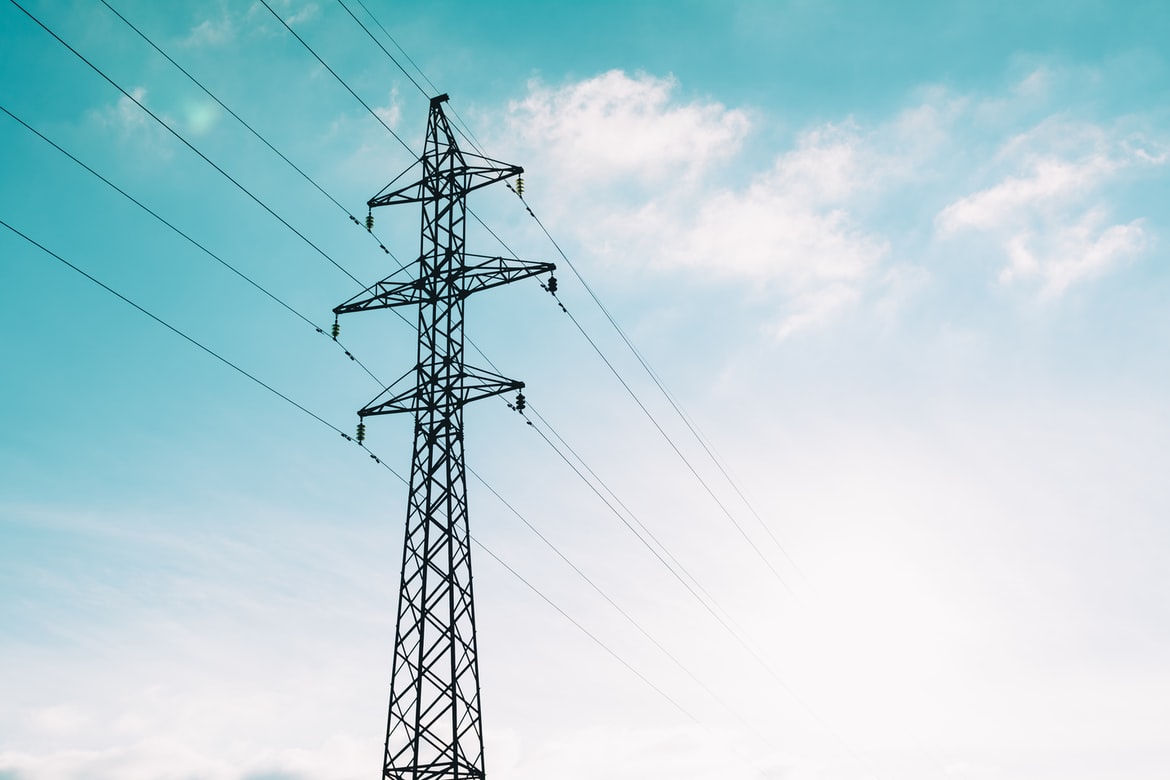Just Solutions Collective is pleased to announce the release of, “Energy Burden and the Clean Energy Transition: Challenges and just solutions from energy assistance practitioners and advocates from around the country”, a report to shine light on energy burden reduction as an important part of the clean energy transition. This report examines fundamental inequities of our current energy landscape and the opportunities to address the issue while our nation considers changes to the power sector.
In the report, energy assistance practitioners and experts provided a wealth of important insight, expertise, recommendations, and perspectives on the opportunities and challenges with addressing the energy burden and accessing energy assistance. Read the executive summary here and full report here.
About the report:
According to the study, there were five key challenges to addressing energy burden as identified by experts in the field: a.) the lack of upfront costs for LMI households to transition into energy efficiency and the lack of funding for programs; b.) shortcomings of program designs that do not properly address the energy burden or LMI household’s short-term and long-term needs; c.) administrative barriers faced by people who apply for energy assistance programs; d.) barriers faced by renters when participating in energy efficiency programs; and e.) limitations of our present-day utility models creating barriers to an equitable clean energy transition.
In response to the concerns of experts in the field, the report offers various key recommendations, some of which include:
- The adoption of community-owned energy and community solar policies.
- More collaboration when conducting program outreach with community-based organizations, Community Action Program (CAP) Agencies, and faith-based organizations.
- Making buildings more efficient so that they use less energy to bring down costs and address the energy burden.
This report’s primary purpose is to inform environmental and climate justice policy advocates, but can also be used by policymakers, utilities, energy practitioners, along with an inclusive public participation process, when making decisions about a clean energy future that centers communities most impacted by the fossil fuel industry and profit-driven IOUs.
